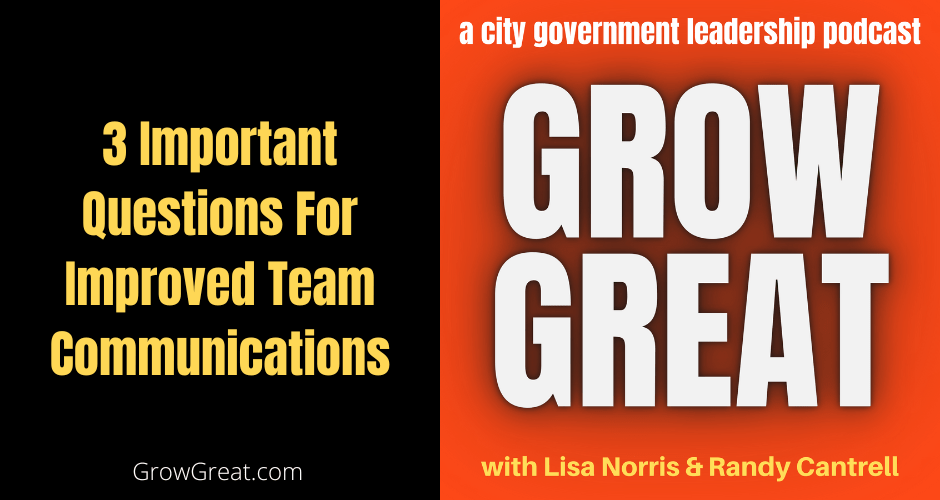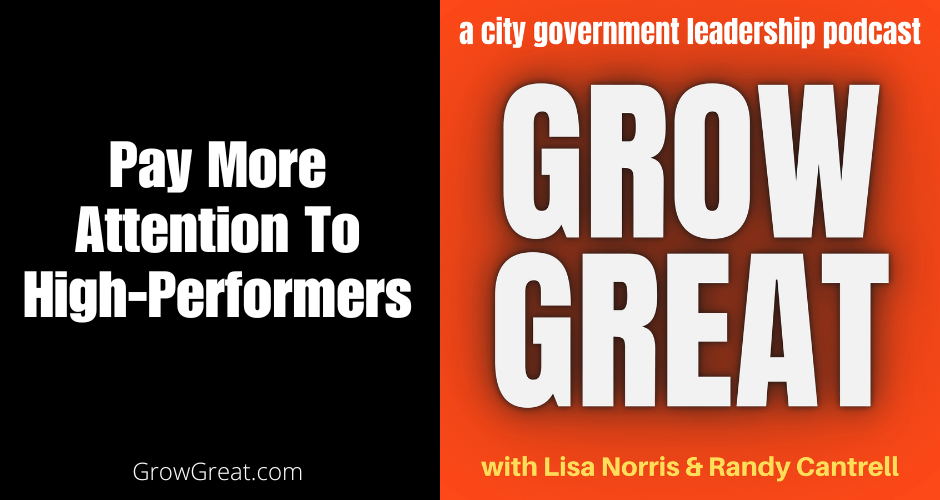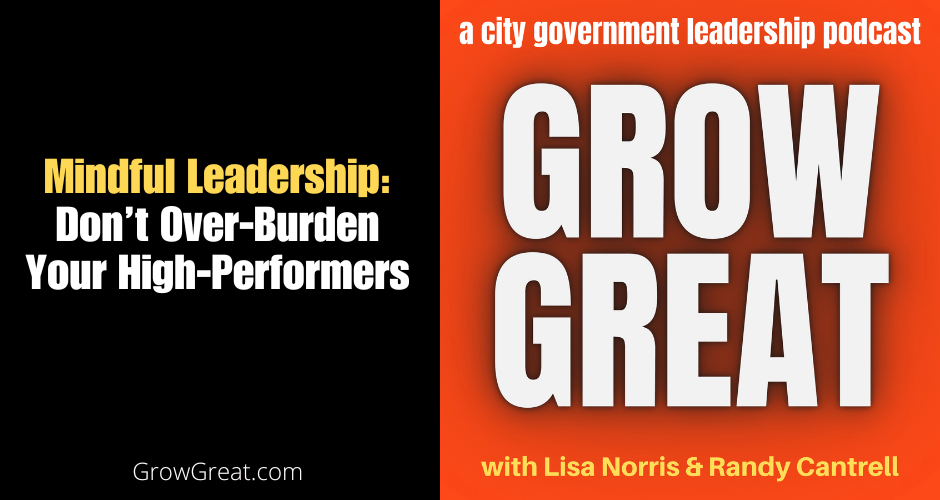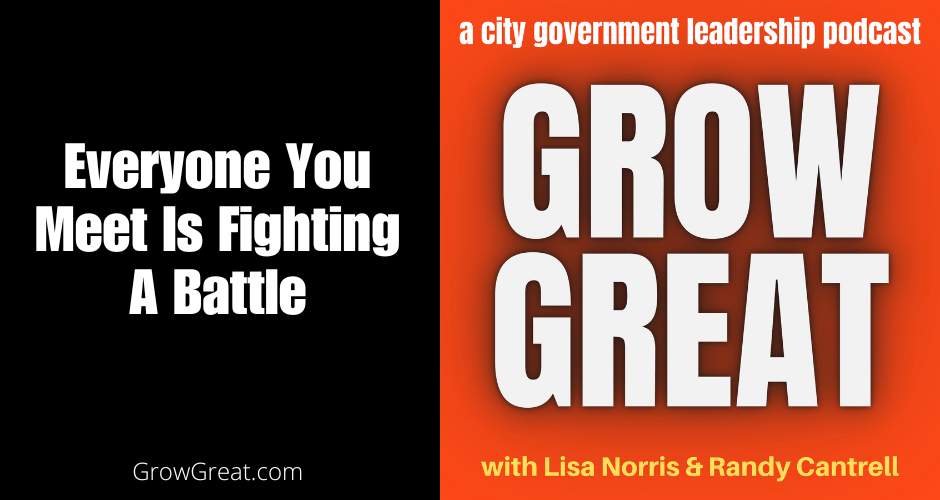3 Important Questions For Improved Team Communications
Podcast: Play in new window | Download (Duration: 31:25 — 14.4MB)
Subscribe: Apple Podcasts | Spotify | RSS | More

“What do I know? Who needs to know? Have I told them?”
NOTE: James Norman Mattis (born September 8, 1950) is an American veteran and former government official who served as the 26th United States Secretary of Defense from January 2017 through December 2018. A retired United States Marine Corps general, Mattis served in the Persian Gulf War, the War in Afghanistan, and the Iraq War.
Lisa recently met with her leadership team where one member takes the lead. Her direct reports all have a military background. The volunteer leader of this session, a retired Marine, focused his session on these three questions first posed by retired Marine Corps General Mattis.
Be well. Do good. Grow great!

Check out the Hosts page for our profiles.
Connect With Lisa On Linkedin • Connect With Randy On Linkedin
We encourage you to contact us. Feedback, suggestions, criticisms, insights, and experiences are welcomed. Thank you for watching and listening!
3 Important Questions For Improved Team Communications Read More »










